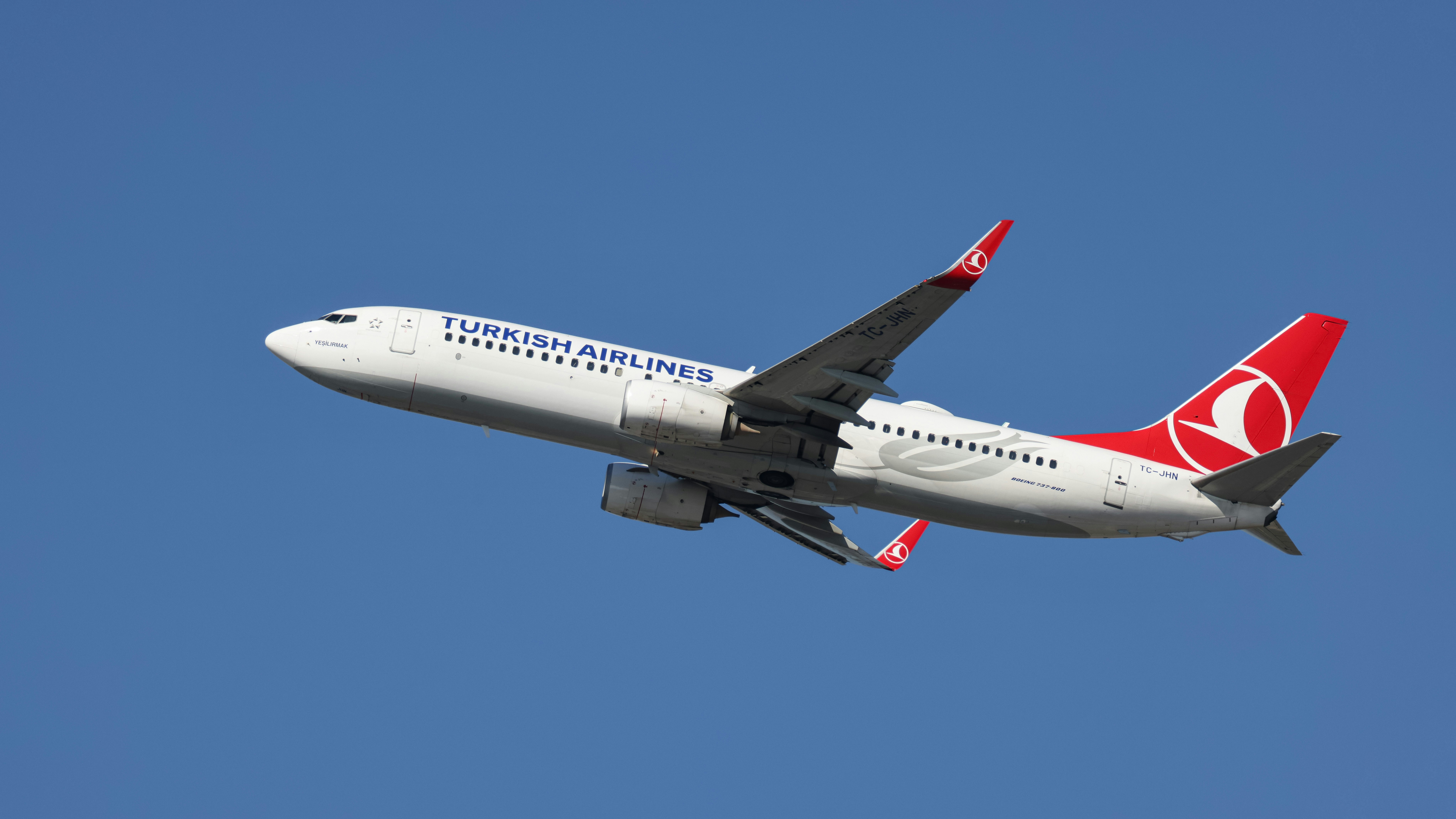Published on
Apr 14, 2025
-
min read

Why Study Aerospace Engineering in Germany?
Aerospace engineering is a field defined by precision, innovation, and a drive for exploration. Germany, renowned for its engineering excellence and technological advancements, stands out as a top destination for students pursuing aerospace engineering. With world-class universities, state-of-the-art facilities, and strong industry connections, Germany offers unparalleled opportunities for aspiring aerospace engineers.
1. Global Engineering Hub
Germany hosts some of the largest aerospace companies, including Airbus, MTU Aero Engines, and Lufthansa Technik. These organizations offer exceptional internship and career opportunities for students.
2. World-Class Education
German universities such as RWTH Aachen and the Technical University of Munich (TUM) consistently rank among the world’s best for engineering disciplines.
3. Cutting-Edge Research
Universities collaborate with leading research centers like the German Aerospace Center (DLR), allowing students to participate in groundbreaking projects in propulsion, materials, and space exploration.
4. Affordable Education
With minimal tuition fees at public universities and scholarships like DAAD, students can access high-quality education at a fraction of the cost compared to other countries.
5. Hands-On Learning
Programs emphasize practical experience through lab work, internships, and partnerships with top aerospace companies.
Top Universities for Aerospace Engineering in Germany
Germany offers top-tier universities for students interested in aerospace engineering, blending technical expertise with practical training.
1. Technical University of Munich (TUM)
Program: MSc in Aerospace Engineering
Highlights: Focuses on aerodynamics, propulsion systems, and space technologies.
2. RWTH Aachen University
Program: MSc in Aeronautical Engineering
Highlights: Covers flight mechanics, aircraft design, and advanced materials.
3. University of Stuttgart
Program: MSc in Space Engineering
Highlights: Specializes in spacecraft design, satellite technology, and orbital mechanics.
4. Technical University of Berlin
Program: MSc in Aerodynamics and Space Propulsion
Highlights: Combines theoretical knowledge with hands-on experiments in propulsion and fluid dynamics.
5. Bremen University
Program: MSc in Space Exploration and Technology
Highlights: Focuses on robotics, space mission planning, and extraterrestrial research.
Core Modules and Specializations
Aerospace engineering programs in Germany combine technical knowledge with managerial expertise to prepare students for complex roles in the field.
Core Modules:
Flight Dynamics and Control
Aircraft and Spacecraft Propulsion
Materials for Aerospace Applications
Aerodynamics and Fluid Mechanics
Specializations:
Space Systems Engineering: Design and optimize spacecraft and satellite systems.
Computational Fluid Dynamics (CFD): Develop simulations for aerodynamic performance.
Structural Design and Analysis: Focus on the durability and efficiency of aerospace structures.
Autonomous and Unmanned Aerial Vehicles: Explore drone technology and its applications.
Many programs also include capstone projects and internships, working with industry leaders like Airbus and Rolls-Royce on satellite systems and aircraft optimization.
Career Opportunities in Aerospace Engineering
Graduates of aerospace engineering programs in Germany are in high demand globally, securing roles in aviation, space exploration, and defense industries.
Job Roles:
Aerospace Engineer: Design and test aircraft and spacecraft systems.
Propulsion Engineer: Develop engines for aircraft and space vehicles.
Systems Analyst: Optimize aerospace systems for performance and efficiency.
Industries Hiring Aerospace Engineers:
Aerospace Manufacturing (e.g., Airbus, MTU Aero Engines)
Research and Development (e.g., DLR, Fraunhofer Institute)
Space Exploration (e.g., European Space Agency, OHB System AG)
Average Salaries:
Entry-Level: €50,000 – €65,000 annually
Mid-Level: €70,000 – €85,000 annually
Senior Roles: €100,000+ annually
Admission Requirements
1. Academic Background
Master’s Programs: A bachelor’s degree in aerospace engineering, mechanical engineering, or a related field.
2. Language Proficiency
English-taught Programs: TOEFL (minimum 80-100) or IELTS (minimum 6.5-7.0).
German-taught Programs: DSH or TestDaF certification.
3. Technical Skills
Familiarity with CAD software, programming languages, and simulation tools like MATLAB is advantageous.
4. Additional Documents
Statement of Purpose (SOP): Highlight your passion for aerospace engineering and relevant academic or professional achievements.
Letters of Recommendation: Endorsements from professors or industry professionals.
Scholarships for Aerospace Engineering Students
Germany offers several scholarships for international students pursuing aerospace engineering:
1. DAAD Scholarships
DAAD covers tuition fees, travel expenses, and a monthly stipend for eligible students.
2. Deutschlandstipendium
Provides €300 per month to high-achieving students.
3. University-Specific Scholarships
Institutions like TUM and RWTH Aachen offer merit-based scholarships for outstanding candidates.
Living in Germany as an Aerospace Engineering Student
1. Cost of Living
Monthly expenses range from €850 to €1,200, depending on the city, covering rent, food, transportation, and leisure activities.
2. Networking Opportunities
Attend events like the Berlin Air Show or the European Space Expo to connect with industry professionals and peers.
3. Student Life
Explore Germany’s mix of vibrant cities and picturesque landscapes. From Berlin’s cultural hubs to the Bavarian Alps, students enjoy a rich blend of academic and cultural experiences.
Post-Graduation Opportunities
1. Work Visa
Aerospace graduates can apply for an 18-month post-study work visa to find a job in Germany.
2. Permanent Residency (PR)
After two years of full-time work, graduates can apply for PR, making Germany a long-term career destination.
Final Thoughts
Germany’s aerospace engineering programs provide students with the technical expertise, hands-on experience, and industry connections needed to excel in this innovative field. With world-class education, cutting-edge research, and abundant career opportunities, Germany is the ideal launchpad for aspiring aerospace engineers.
Ready to soar to new heights? Start your aerospace journey in Germany today!

